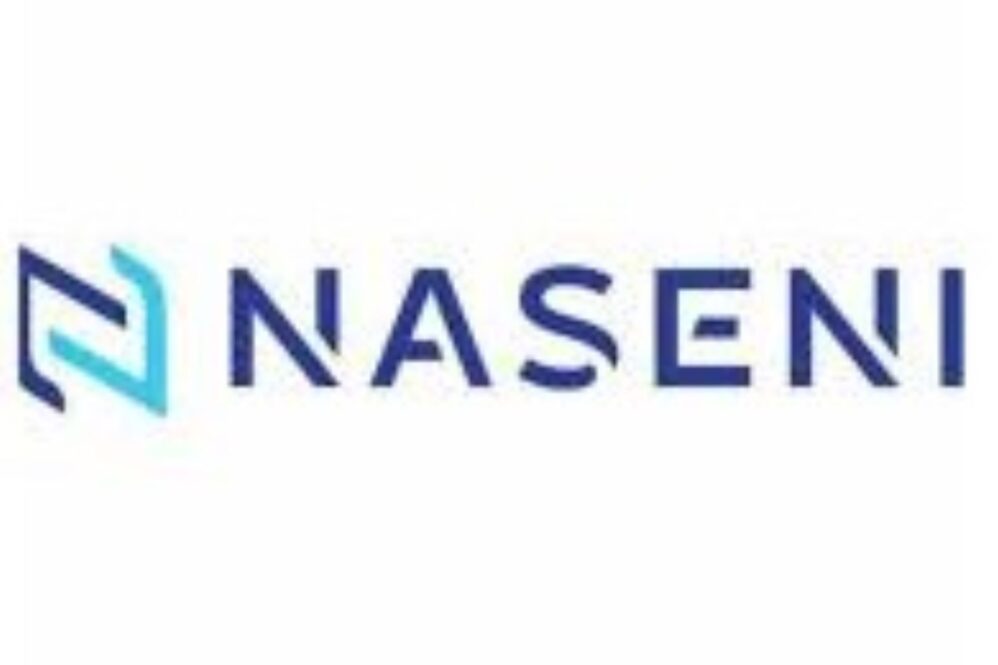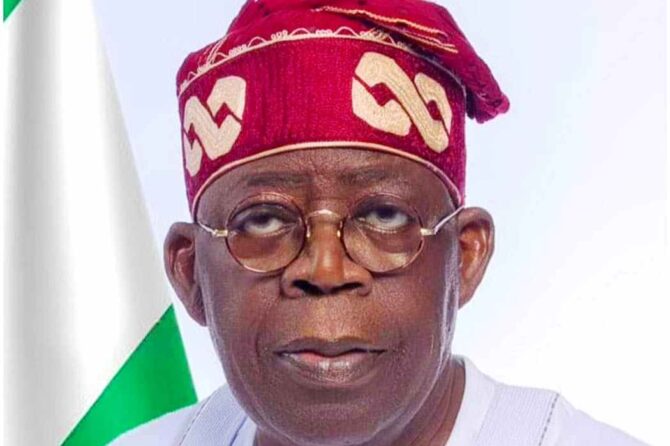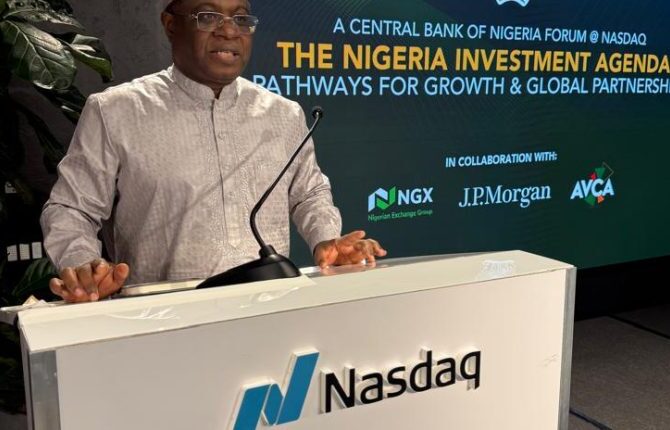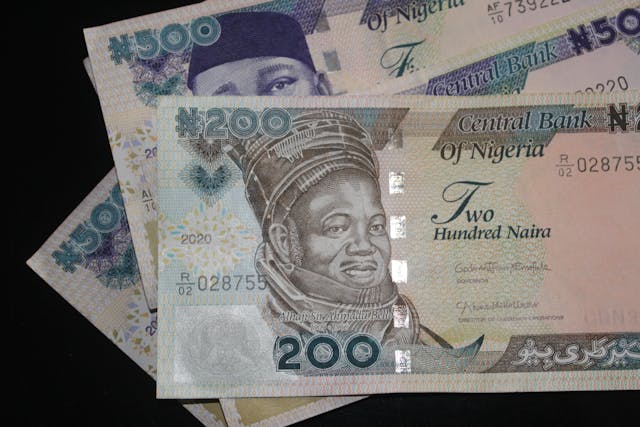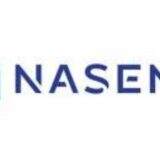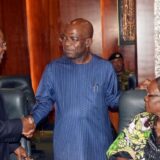NASENI Urges Nigerians to Embrace Made-in-Nigeria Goods Amid Foreign Preference Concerns
AKURE, Nigeria — The National Agency for Science and Engineering Infrastructure (NASENI) has expressed alarm over Nigerians’ persistent preference for foreign goods, despite growing quality and capacity in locally-made products. Speaking at a Strategic Focus Group Meeting in Akure, Ondo State, on April 23, 2025, NASENI’s Deputy Director of Engineering, Mr. Joseph Alasoluyi, called for a cultural shift to boost patronage of Made-in-Nigeria goods. The campaign, part of a nationwide initiative spanning 36 states, aims to gather feedback, enhance product quality, and stimulate economic growth. The issue, trending on X with #MadeInNigeria (100,000 posts), highlights tensions between consumer habits and Nigeria’s push for self-reliance as of April 25, 2025.
NASENI’s Call to Action
At the Akure stakeholders’ meeting, Alasoluyi emphasized that Nigerians’ bias toward imported goods undermines local manufacturers, per The Nation. “We have the capacity to produce high-quality goods, but consumer preference for foreign products is a major barrier,” he said, urging manufacturers to improve standards to compete globally, per MobilePunch. NASENI’s Executive Vice Chairman, Mr. Khalil Suleiman Halilu, reaffirmed the agency’s commitment to fostering innovation and supporting local producers, per RipplesNG.
The Ondo meeting, attended by manufacturers, policymakers, and industry leaders, is part of NASENI’s broader campaign to promote Made-in-Nigeria products across all states, per Journalist_Mind. The agency aims to collect nationwide feedback to address consumer concerns and enhance product competitiveness, per EmirAjibola_IB. NASENI highlighted its role in developing technologies like solar-powered solutions and agricultural equipment, which have gained traction locally but struggle against imported alternatives, per PatrioticGee.
Economic and Cultural Context
Nigeria’s preference for foreign goods is driven by perceptions of superior quality and status, despite high import costs amid economic challenges, with the naira at N1,610/$1 and 40% inflation, per NBS. The country’s trade deficit, with imports outpacing exports, strains foreign exchange reserves, per World Bank. NASENI’s campaign aligns with President Bola Tinubu’s economic diversification agenda, emphasizing local production to reduce import dependency, per RipplesNG.
Cultural factors also play a role. Imported goods, from electronics to clothing, are often seen as aspirational, while local products face stigma, per The Nation. However, successes like NASENI-backed startups producing affordable tractors and medical equipment demonstrate growing local capacity, per MartinOkorowu.
Public and Industry Reactions
The campaign has sparked mixed reactions. On X, #MadeInNigeria trends with 100,000 posts, reflecting support and skepticism. @DavidsOffor praised NASENI’s efforts, noting, “Local manufacturers need our trust to grow,” per X Post. @MobilePunch highlighted consumer complaints about inconsistent local product quality, per X Post. Manufacturers at the Ondo meeting, including Mr. Adebayo Oluwole of Ondo Furniture, called for government subsidies and better infrastructure to lower production costs, per Journalist_Mind.
Analysts like Dr. Chijioke Ekeocha argue that consumer education and quality assurance are critical, per The Nation. The Manufacturers Association of Nigeria (MAN) welcomed NASENI’s initiative but urged policies to address high energy costs and regulatory hurdles, per RipplesNG.
Broader Challenges
Nigeria’s manufacturing sector faces systemic issues, including unreliable power supply, with 40% of businesses relying on costly generators, per World Bank. Security concerns, with over 120 deaths in April 2025, and mpox cases further strain resources, per The Punch and Al Jazeera. Cultural moments like Wizkid’s Morayo topping charts provide brief respite, per BellaNaija.
Looking Ahead
NASENI plans to expand its campaign with town halls and product exhibitions, aiming to certify local goods for quality assurance, per EmirAjibola_IB. The agency is collaborating with the Standards Organisation of Nigeria (SON) to enforce compliance, per PatrioticGee. Success hinges on addressing consumer skepticism and structural barriers, with analysts warning that without tangible improvements, Nigeria’s reliance on imports will persist, per The Nation.
Key Metrics: Nigeria’s Manufacturing and Trade (2025)
| Metric | Value | Source |
|---|---|---|
| Naira Exchange Rate | N1,610/$1 | NBS |
| Inflation Rate | 40% | NBS |
| Businesses Using Generators | 40% | World Bank |
| X Posts (#MadeInNigeria) | 100,000 | X Data |


